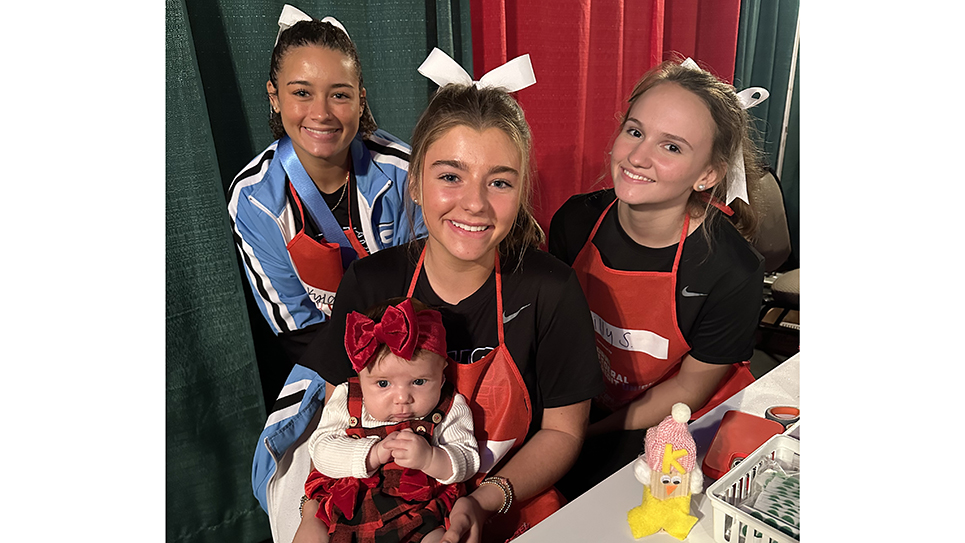By Jed McKeehan
There are terms that I often hear thrown around by individuals in relation to the custody of children, and that’s “joint custody,” and “full custody,” and I don’t know that people really know what these terms actually mean.
Full custody of a child is primarily a myth that does not exist except in very rare circumstances. In order for a judge to award a parent full custody of a child, that means that one parent is getting zero days of visitation with their child. None. That just does not happen unless:
1. There is an extreme risk of danger to the children
2. One parent requests full custody, and the other parent doesn’t fight them on it
Even if there is a risk of danger to the children, the court will often allow visitation with a parent to be supervised so that the parent who may be a danger, to have visitation with the children, but while someone is watching what is occurring during the visitation.
Well what about terminating the other parent’s rights? Can that happen?
Generally, a court will not, “bastardize” a child. That means, the court will not take away a parent from a child. The court will generally only terminate a parent’s rights if a new spouse is willing to adopt a child.
So when the term “full custody,” gets thrown around, we’re talking about something that very rarely happens.
Well if “full custody” rarely happens, does “joint custody,” mean everything else? Yes. Even if a parent only has two days a year of visitation, that is technically considered joint custody.
You may be asking, “Well, if I can’t get full custody, what’s the most amount of time with my child I can realistically get?” Most courts will give a parent at least every other weekend, and time during the summer and on holidays. A schedule like that typically ends up being around 278 days for one parent and 87 days for the other parent. If you are trying to get as many days as possible with your children, and you can get the other side to agree to an every other weekend type of custody arrangement, I would tell you to do it, because that’s probably the best you would do in court.
Jedidiah McKeehan is an attorney practicing in Knox County and surrounding counties. He works in many areas, including criminal, personal injury, landlord-tenant, probate, and estate planning. Visit attorney-knoxville.com for more information about this legal issue and other legal issues.






